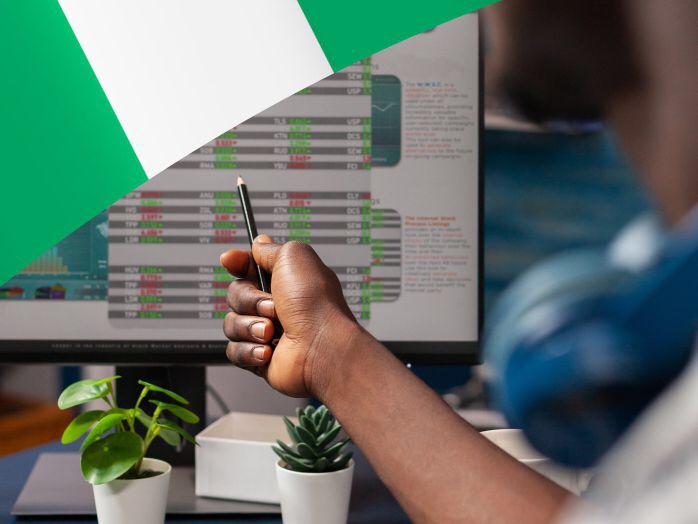In recent years, forex trading has grown in popularity in Nigeria, with many Nigerians entering the market in search of financial freedom. This article will look at whether forex trading may lead to financial freedom in Nigeria, and the best practices for trading Forex successfully in Nigeria.
Understanding Forex trading in Nigeria
Forex trading, also known as foreign exchange trading, is the act of buying and selling different currencies in order to profit from market volatility. It is a global decentralised market that allows investors to exchange multiple currencies on a daily basis, five days a week. Forex trading in Nigeria is a sophisticated and high-risk activity that necessitates a high level of knowledge and experience.
Currency pairs are traded in the forex market, with the value of one currency relative to another. The currency pair – USD/NGN, for example, indicates the value of the US dollar in relation to the Nigerian Naira. CFD trading allows Forex traders to profit from the market by purchasing a currency pair at a low price and selling it at a higher price, or vice versa.
Below are the best practices to follow when trading Forex in Nigeria.

1. Sign up with a regulated broker
Currency brokers make it easier to trade in the currency market. You cannot trade forex without the assistance of a broker. When selecting a broker, it is critical to consider who regulates them.
Because Forex trading in Nigeria is still not regulated by the Nigerian government, you must register with overseas forex brokers who allow Nigerian clients to have access to the market. This is significant since not all forex brokers will accept Nigerian traders.
When selecting a foreign forex broker, make certain that its regulators are respected. Some of these international regulators are simply offshore stamping offices that approve any organisation.
2. Choose the right trading account for your strategy
Beginners should select an account type that allows them to trade small lots of currencies with small amounts of cash. Some brokers provide newbies with cent and kobo accounts so that they do not risk too much funds. Depending on the type of trading account, you can fund it with your bank, mobile payment platforms, mobile money, cards, cryptocurrency, and so on.
Your account’s basic currency is also significant. Some forex brokers use USD, GBP, EUR, and so on as their base currency, while others use NGN. If no NGN base currency is available, your broker will charge you a conversion fee for translating your Naira deposit to your account base currency.
3. Test your strategy in a demo account
Before making a live trade, it is recommended that you test your technique with a demo account in which you learn to trade with fictitious money. You can trade live after practising on a demo account. Remember to establish a stop loss order as a beginner and only trade with money you can afford to lose.
Final Thoughts
Forex trading has the potential to provide financial freedom, but it is not a sure way to wealth. Traders who approach the market with a long-term mindset and a solid trading plan can create consistent profits over time, leading to financial independence. Successful traders approach the market with patience, discipline, and an eagerness to learn and react to changing market conditions.


